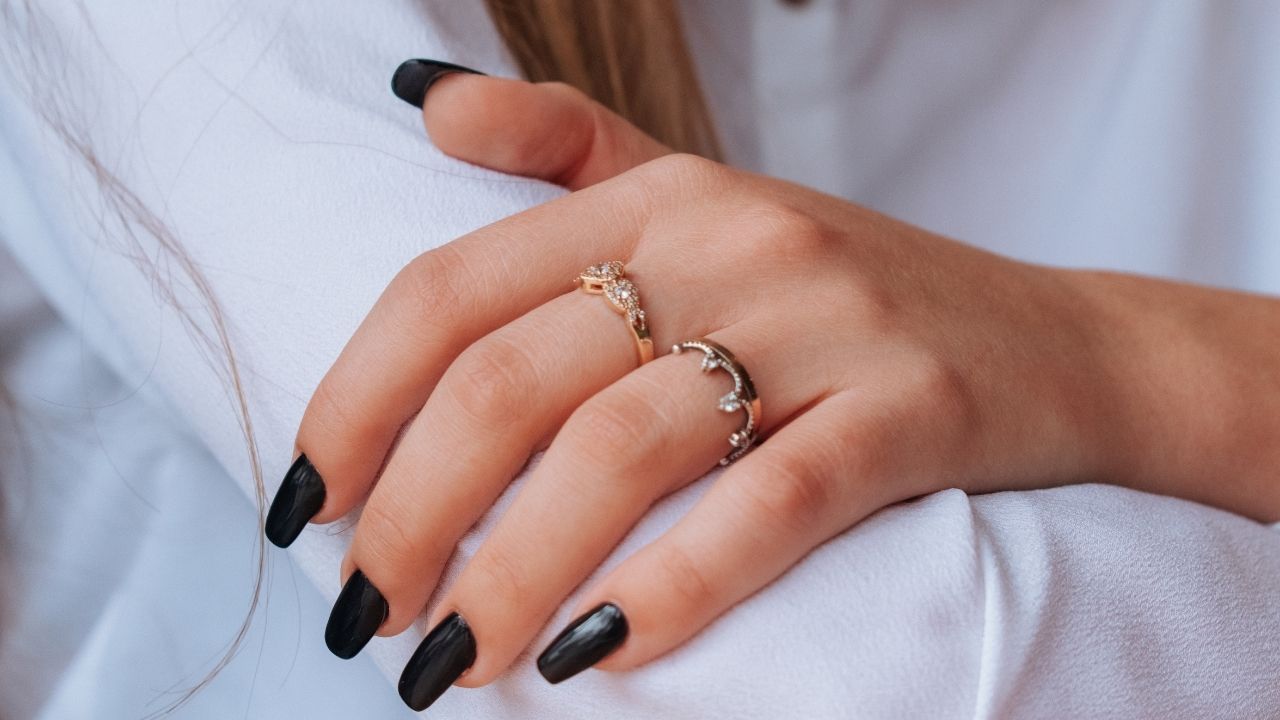When mental health and nails collide – Onychophagia (nail biting)

Nail biting, also known as onychophagia, is a common habit that affects people of all ages. For most people, nail biting is a harmless habit that provides some level of relief or pleasure. However, for some people nail biting can be a sign of underlying mental health issues. In this blog post we will explore the link between mental health and nails, and discuss the implications of onychophagia on both mental and physical health.
What is onychophagia and what are the symptoms of it
Onychophagia is the compulsive act of biting one’s nails. It is considered a type of body-focused repetitive behavior (BFRB). People who suffer from onychophagia typically bite their nails down to the quick, which can cause pain, bleeding, and infection. Onychophagia is often seen as a coping mechanism for anxiety or stress.
Symptoms of onychophagia include:
*Compulsively biting nails
*Anxiety or stress relief
*Nails that are bitten down to the quick
*Painful and/or bloody cuticles
*Infection
How to know if you or someone you know has onychophagia
Do you bite your nails? Do you find yourself biting your nails more when you’re feeling anxious or stressed? If so, you may be suffering from onychophagia.
Onychophagia is a mental health disorder that is characterized by the compulsive urge to bite one’s own nails. This disorder can lead to significant impairment in daily functioning and can cause serious damage to the nails and surrounding skin.
There are many potential causes of onychophagia, including anxiety, stress, boredom, or habit. If you think you may be suffering from this disorder, it is important to seek help from a mental health professional.
The causes of onychophagia
One theory suggests that onychophagia is a form of self-harm. This is because people who bite their nails often do so when they are feeling anxious or stressed. Another theory suggests that onychophagia is a coping mechanism for people who have difficulty dealing with their emotions.
There are many reasons why someone might start biting their nails. For some people, it may be a way to relieve boredom or stress. For others, it may be a way to cope with anxiety or depression. Whatever the reason, onychophagia can have a negative impact on your mental health.
Treatment options for onychophagia
If you’re someone who struggles with onychophagia, know that you’re not alone. This disorder is relatively common, affecting up to 30% of the population. And while it may seem like a harmless habit, onychophagia can actually have serious consequences for your mental and physical health.
There are a number of different treatment options available for onychophagia, depending on the severity of your case.

Write Reviews
Leave a Comment
No Comments & Reviews